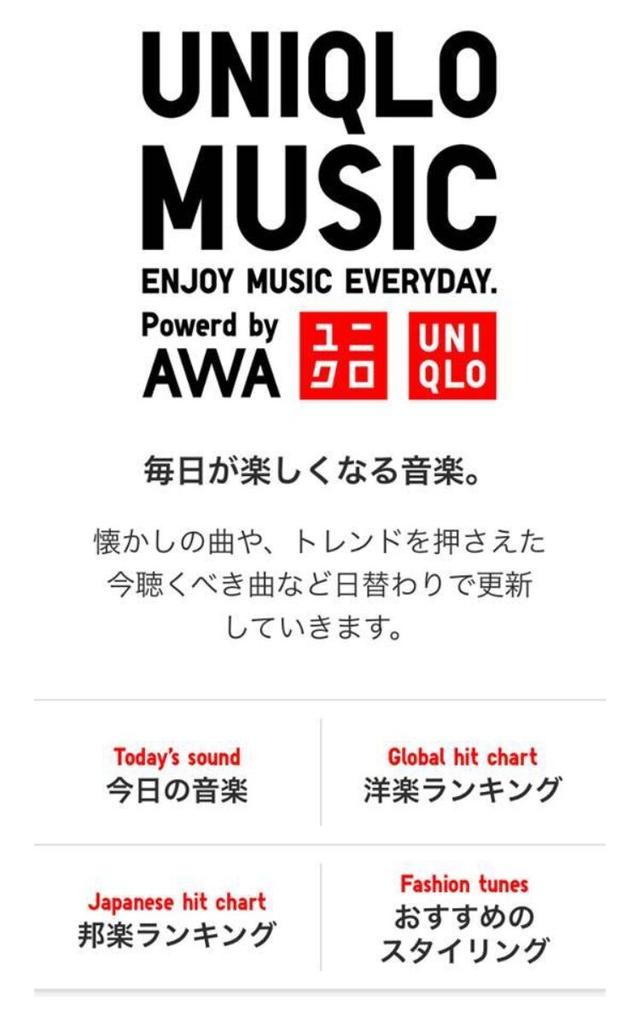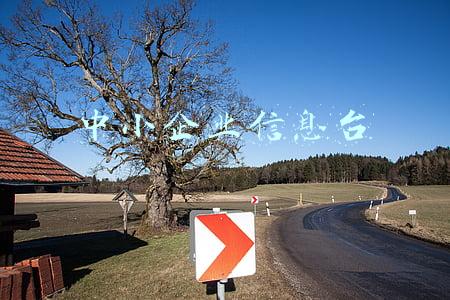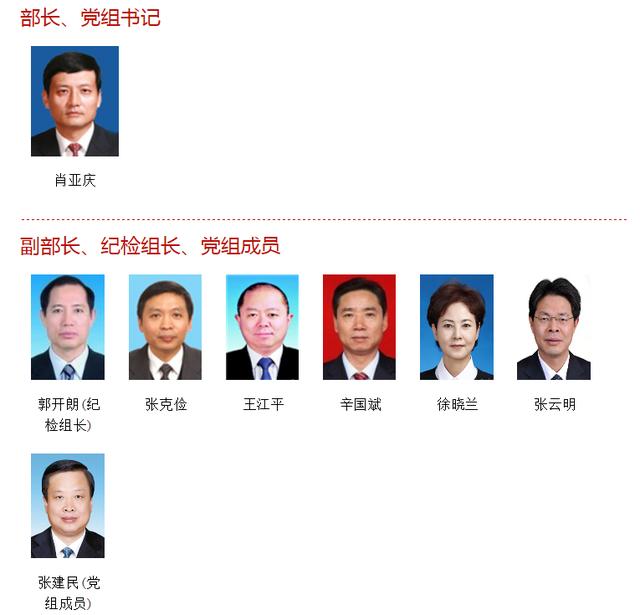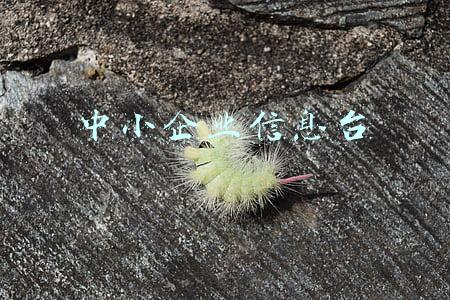Lesson 8 The best and the worst
最好的和最差的
First listen and answer the question
听录音回答问题
Why is Joe’s garden the most beautiful one in the garden?
为什么乔的花园是镇子上最漂亮的?
课文内容:
Joe Sanders has the most beautiful garden in our town. Nearly everybody enters for ‘The Nicest Garden Competition' each year, but Joe wins every time. Bill Frith's garden is larger than Joe's. Bill works harder than Joe and grows more flowers and vegetables, but Joe's garden is more interesting. He has made neat paths and has built a wooden bridge over a pool. I like gardens too, but Ido not like hard work. Every year I enter for the garden competition too, and I always win a little prize for the worst garden in the town!
乔.桑德斯拥有我们镇上最漂亮的花园。几乎每个人都参加每年举办的“最佳花园竞赛”,而每次都是乔获胜。比尔.弗里斯的花园比乔的花园大,他比乔也更为勤奋,种植的花卉和蔬菜也更多,但乔的花园更富有情趣。他修筑了一条条整洁的小路,并在一个池塘上架了一座小木桥。我也喜欢花园,但我却不愿意辛勤劳动。每年的花园竞赛我也参加,但总因是镇上最劣的花园而获得一个小奖!

New words and expressions 生词和短语
competition [ˌkɒmpəˈtɪʃn] n. 比赛,竞赛
以下都是比赛的意思,区别在于:
race : car race 车赛
match : football match 足球比赛
contest : baby contest 更广泛
beauty contest 选美
暗地里的竞争-competition
game : 游戏, 运动
neat [niːt] adj. 整齐的,整洁的
V. tidy (up) the room 整理房间
path [pɑːθ] n.路径 n. 小路,小径
亦作pathway
wooden [ˈwʊdn] adj. 木头的
pool [puːl]n. 水池
swimming pool 游泳池
pond 天然的 《golden pond》—金色池塘

本文语法:形容词、副词的比较级和最高级
语法归纳:两者之间作比较,三者以上有最高。
比较级和最高级的变化规则为
1)大多数情况下,直接在形容词或副词后加-er或-est;
2)以不发音字母e结尾的词,加-r或-st;
3)以辅音+y结尾的形容词,把y变i再加-er或-est;
4)以一个辅音字母结尾的重读闭音节、单音节词,将该辅音字母双写,再在词尾加-er或-est;
5)三个音节或以上的多音节词,以及部分以后缀-ly结尾的双音节副词在前面加more形成比较级,加most形成最高级;
6)不规则变化(需独立记忆):
far--farther/further--farthest/furthest
few/little--less--least
bad/ill--worse--worst
7)表最高级的常用格式:
定冠词the+最高级+表示范围的短语或从句
This is the most difficult subject that I have ever done.这是迄今为止我做过的最难的课题。
Shi is the prettiest one of the six girls.六个女孩中,她最漂亮。

精讲笔记:
1.Joe Sanders has the most beautiful garden in our town.
乔.桑德斯拥有我们镇上最漂亮的花园。
语言点 most为最高级标志,而than为比较级的标志。
better than(比较级) more than(比较级)
best/most+in somewhere(最高级) best/most+of all...(表范围)(最高级)
2.Nearly everybody enters for ‘The Nicest Garden Competition' each year。
我们镇上几乎所有的人每年都报名参加“最漂亮的花园”比赛。
语言点1 nearly everybody=almost everybody,但后者包括的范围更广。
语言点2 关于“参赛”的表达:enter for参加(报名) take part in参加(参与)
join/join in参加(加入) attend出席,参加(主动去)
语言点3 复合不定代词作主语时要看做单数形式:
1)everyone, everybody, everyhing;
2)someone, somebody, something;
3)anyone, anybody, anything;
4)nobody, nothing, no one;
5)each one, each person;
Nobody wants to talk to him.没有人想和他说话。
3.but Joe wins every time.
但是乔每次都拿冠军。
语言点 深入总结win的用法:
1)win+sth.赢得某物
2)win不可加sb.(对手),赢了某人、打败某人的表达为:beat sb.或defeat sb.:
They were defeated in the basketball match.他们在篮球比赛中输了。

精讲笔记:
4.Bill Frith's garden is larger than Joe's.
比尔.弗里斯的花园比乔的花园大。
语言点 比较级和最高级一定都是在同类事物间作比较,花园和花园相比,人和人相比。文中是两个人的花园作比较,因此than后面应用所有格Joe's.
5.Bill works harder than Joe and grows more flowers and vegetables, but Joe's gardenis more interesting.
比尔比乔更加努力地劳作,在花园里种植了很多花草和蔬菜,但是乔的花园却显得更有生机。
语言点 比较学习:plant, grow
plant种植(强调种的动作);grow种植(强调种植以后的栽培、管理过程)
植树节翻译为"Tree Planting Day"最佳。
6.He has made neat paths and has built a wooden bridge over a pool.
他在花园里开辟了一条条整洁的小径,还在池塘里修建了一座木桥。
语言点1 make a new path修建一条新路=break a new way开辟一条新路=dig a new road挖掘一条新路
语言点2 over的含义是指高于某物但没有接触:
精讲笔记:
7.I like gardens too, but I do not like hard work.
我也喜欢花园,但我很懒。
语言点 but表示语气上的转折,要重读并稍作停顿。
I'd like to go, but I have to do my homework.我也想去,但我必须做家庭作业。(最终没去)
He tried to climb the tree, but he could not.他尽力爬树,但是没有成功。(结果没有爬上去)
8.Every year I enter for the garden competition too, and I always win a little prize forthe worst garden in the town!

每年我也都报名参加花园比赛,但总是只获得镇上最差花园奖!
语言点1 always等表示频率的副词一般放在实义动词前,如此句中放在了win之前。
语言点2 win sth.for因为某事而赢得……
My brother won a pair of shoes for this race.我和弟弟参加赛跑,得到了一双鞋作为奖励。








